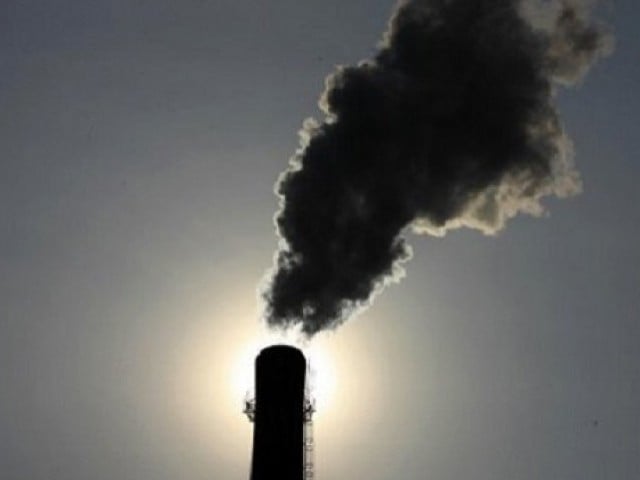
These views were shared by speakers at a workshop on 'Human-Induced Climatic Changes and Impact on Health: Future Strategies' at Area Study Centre for Europe, Karachi University.
Dr Syeda Kanwal Aslam from the School of Public Health, Dow University of Health Sciences, shed light on the relationship between human-induced climatic changes and the spread of vector-borne diseases. "In the developed world, we see that the focus is on non-communicable diseases. In our part of the world, however, we see uncontrollable spread in infectious diseases even today," she said.

Moderator Dr Mubarak Ali, the head of the department of earth and environmental studies at Bahria University, claimed that the larger responsibility lies with industrialists who do not take charge of effluent treatment from industries. To this, the chairperson of the Federation of Pakistan Chambers of Commerce and Industry (FPCCI), Gulzar Firoz, said that it is not easy to convince industrialists to be environment-conscious because of the added cost.
"An industrialist would have to cut down on his profit, which is why we don't see environmental laws in implementation," he said. According to Firoz, the solution lies in the form of a combined effluent treatment plant for all industrial sites. One such plant is under construction in Karachi. "This solution, too, suffers from a setback as funds are not allocated by the government and the revised cost keeps getting higher for every single plant in Karachi," he said. "The only law we have is the Factories Act of 1934, which 99 per cent of industrialists have not even read."
Journalist Afia Salam said that among all health repercussions due to climate, mental health and reproductive health are often ignored. Sharing the accounts of IDPs who moved from Swat to warmer areas and developed skin diseases as they had not yet adapted to the climate in the south, Salam stressed that awareness about these changes is not present everywhere. Hence a holistic view needs to be kept, she said. "Even when trees are planted,
Speaking about effective measures, Salam gave numerous examples from Balochistan where booklets have been published about issues of environment with Quranic references. "These are shared in sermons on Fridays as the audience of khutbas are the most receptive," she said, adding that such useful measures can be extended elsewhere, too.
Published in The Express Tribune, September 3rd, 2015.



































COMMENTS
Comments are moderated and generally will be posted if they are on-topic and not abusive.
For more information, please see our Comments FAQ